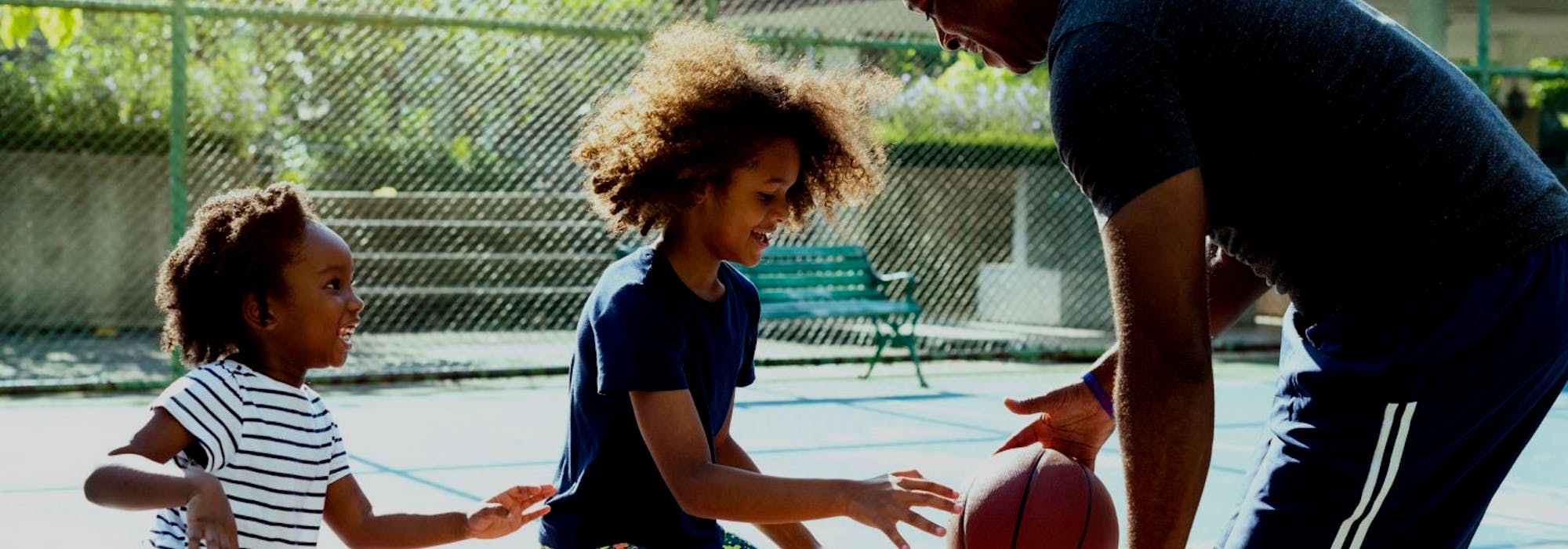Parents often begin to notice language delays when comparing one child to a sibling who could say words and sentences at certain ages. Cooing and babbling should occur prior to 12 months. After 12-15 months a child should be using a wide range of speech sounds in their babbling (p, b, m, d or n) and start to mimic sounds from family members. Toddlers should be saying at least 20-50 words by the time they turn 2. From 2-3 years, parents should see big gains in their child’s vocabulary.
There are different terms for delays in speech and language:
- Receptive language delay – This is when a child has difficulty understanding language. They have trouble comprehending when they listen or read.
- Expressive language delay – This is when a child has difficulty talking or expressing his/her ideas.
- Pragmatic language delay – This is when a child has difficulty understanding the semantics of speech (the meaning of what is being said).
How Pediatric Speech Therapy Helps
If you feel your child is not meeting language milestones, an assessment by our skilled pediatric speech and language therapists can easily identify if there is any delay. Then the right therapies can be performed to focus on improving it. Speech therapy involves first identifying what kinds of delays your child may be experiencing. There may be difficulties with neurological processing or possibly muscle function in the tongue and throat.
Just like muscles of the body need strengthening and coordination, so do the muscles of the tongue, throat, and lips to make proper speech. Our speech therapists work on neurological exercises and speech exercises to help children with a wide array of speech and language difficulties. Our pediatric speech therapists work to improve understanding, pronunciation, and forming of speech to help your child be more social and communicate effectively.


